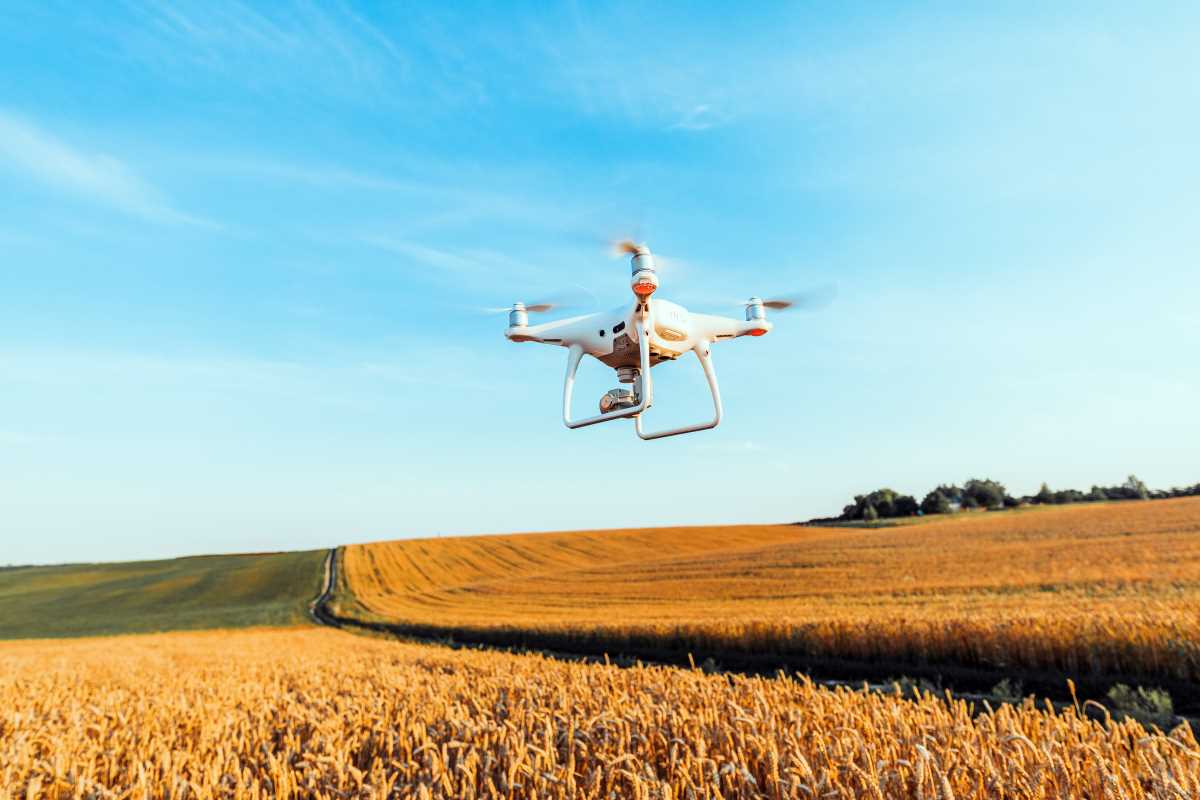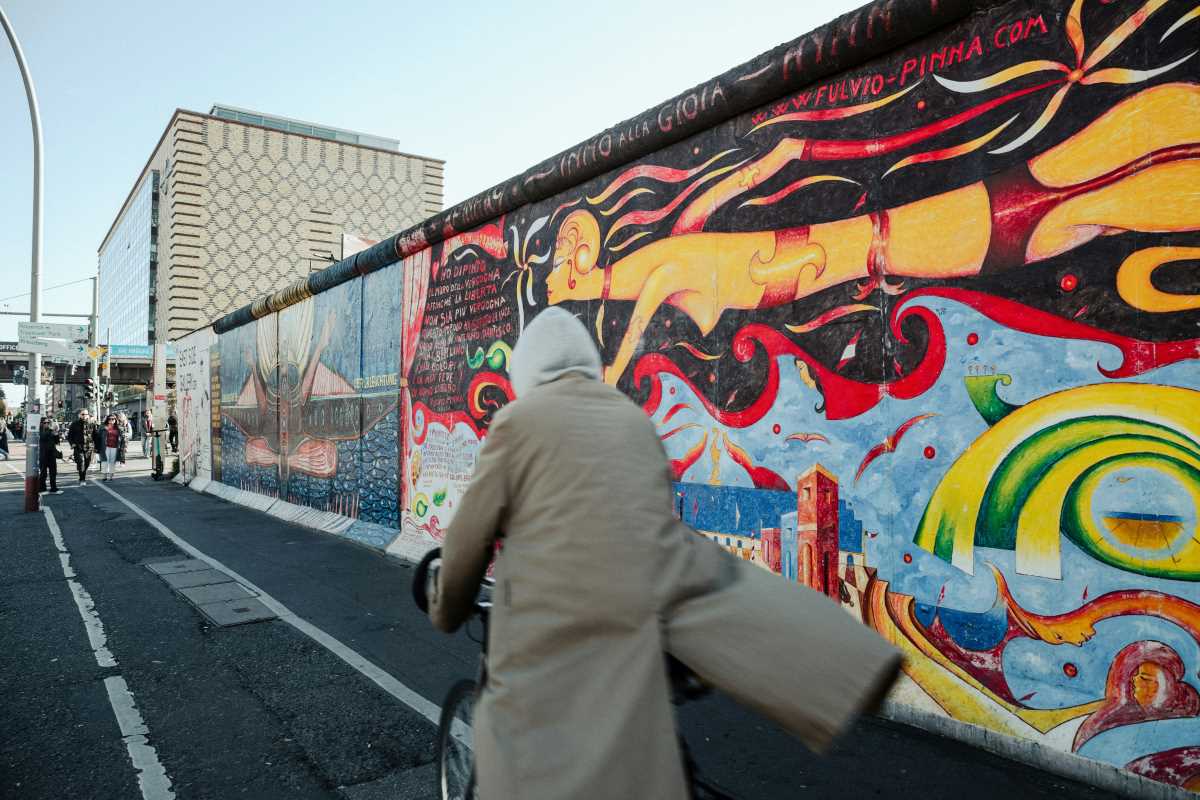Journalism has always been a powerful force. The stories we hear, the issues we rally behind, and even the movements that change the world often start with a journalist. These storytellers not only inform us but also hold the powerful accountable and bring hidden truths to light. From early trailblazers who redefined the role of media to today’s bold voices reshaping the digital age, journalists shape the way we see the world. We'll highlight some of the most influential journalists in history and the ones changing the game today.
Legendary Journalists Who Defined Their Era
Some figures in journalism were so impactful that they changed the way the news was reported. These individuals made a lasting impact on the craft and on society as a whole.
Nellie Bly (1864–1922)
Nellie Bly is considered one of the pioneers of investigative journalism. Known for her fearless reporting, she made waves when she went undercover in the 1880s to expose the mistreatment of patients in an infamous mental institution. Her report, "Ten Days in a Mad-House," shocked readers and led to significant reforms. She also circumnavigated the globe in 72 days, proving that journalists could be storytellers and public figures who inspired adventure and change.
Walter Cronkite (1916–2009)
Often called "the most trusted man in America," Walter Cronkite set the standard for broadcast journalism during his tenure at CBS Evening News. With his calm, authoritative style, he guided Americans through historic moments, like the moon landing, the Vietnam War, and the assassination of JFK. His credibility was so high that when he criticized the Vietnam War, it reportedly influenced President Johnson’s decision not to run for re-election.
Ida B. Wells (1862–1931)
Ida B. Wells was a journalist and crusader for justice. As one of the first Black female investigative journalists, she risked her life to document and expose the horrors of lynching in the United States. Wells’s fearless reporting challenged systemic racism and laid the groundwork for the civil rights movement. Her work remains a beacon for journalists speaking truth to power.
Bob Woodward and Carl Bernstein
No discussion of influential journalists is complete without mentioning Bob Woodward and Carl Bernstein. Their investigation into the Watergate scandal in the 1970s changed the course of American politics. Working for The Washington Post, they used meticulous reporting to expose corruption in the Nixon administration, proving the power of journalism to keep even the highest offices in check.
Journalists Who Are Shaping the Landscape Today
The world looks very different today, and journalism has evolved. Social media, podcasts, and online platforms have changed how news is reported and consumed. But one thing hasn’t changed: great journalists are still making an impact.
Maria Ressa
Maria Ressa is a journalist and co-founder of Rappler, a digital news site in the Philippines. She’s become an international symbol of press freedom as she continues to investigate corruption and human rights abuses under the country’s government. Ressa received the Nobel Peace Prize in 2021, solidifying her reputation as one of today’s most courageous voices.
Ta-Nehisi Coates
Ta-Nehisi Coates is an essential voice in modern journalism, particularly on issues like race and inequality. Known for his essays in The Atlantic and his book Between the World and Me, Coates offers critical perspectives on America’s history and present challenges. His work combines deep research with compelling narratives, making it both influential and accessible.
Ronan Farrow
Ronan Farrow has made headlines for his investigative reporting on sexual assault and abuse of power in Hollywood. His work was pivotal in exposing Harvey Weinstein, helping spark the #MeToo movement. Through rigorous research and fearless interviews, Farrow continues to bring hidden injustices to light.
Yamiche Alcindor
Yamiche Alcindor is known for her insightful and courageous political reporting. A White House correspondent and anchor for PBS, she’s been steady in asking tough questions during politically charged moments. Her ability to translate complex topics for the public, especially during elections and crises, has earned her a reputation as a journalist to watch.
Hannah-Jones (Nikole Hannah-Jones)
Nikole Hannah-Jones has become a defining voice in journalism through her groundbreaking work on race and education. She’s best known for spearheading The 1619 Project, an ambitious initiative by The New York Times that reexamines the role of slavery in shaping American history. Her work expands and challenges our understanding of America’s past and present.
The Future of Journalism
While many challenges face modern journalism, such as shrinking newsrooms and rising political polarization, there are reasons for hope. Younger reporters and pioneers of digital media are evolving how stories are found and shared. Journalists like Abby Phillip of CNN and Kara Swisher, a leading voice in technology reporting, are already making waves.
At the same time, the need for reliable journalism is greater than ever. People rely on it to understand divisive issues, push for accountability, and find clarity in the chaos of modern life. The next generation of journalists faces the unique task of navigating both the pitfalls and the possibilities of an information-saturated age.
 (Image via
(Image via





